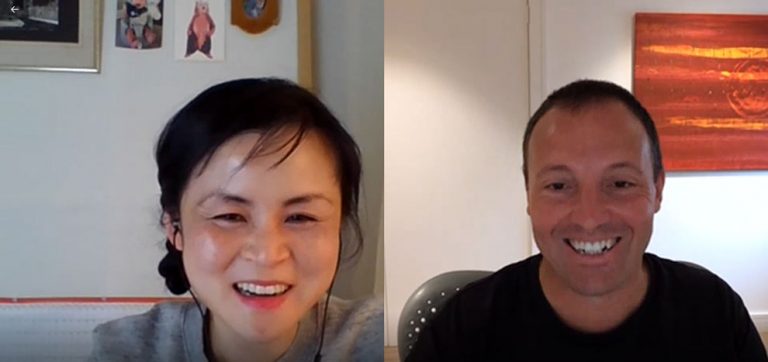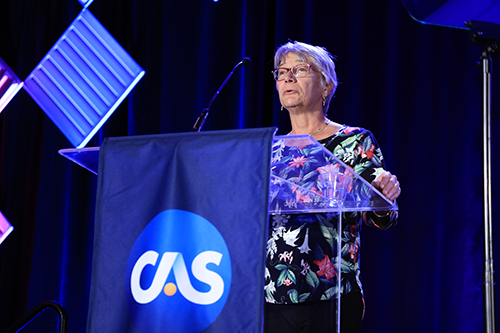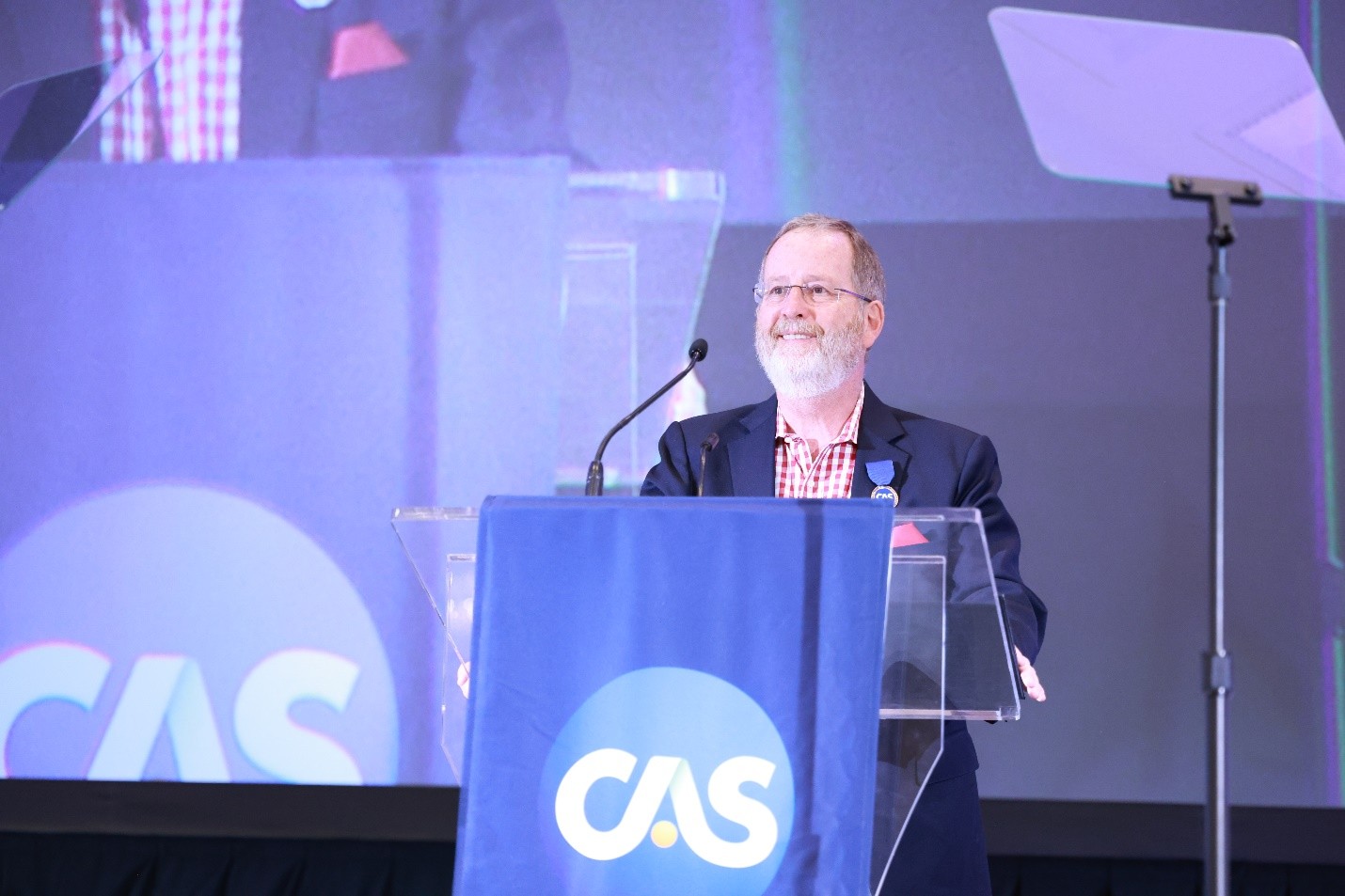
For my President’s Message columns, I will be talking to distinguished actuaries who embody the new Envisioned Future for the CAS. Videos of these interviews will be available as Web Exclusives on the Actuarial Review website and the CAS YouTube channel.
No one would call Adam Driussi an ordinary actuary. This Australian actuary has a deep entrepreneurial spirit.
Eighteen years ago, Adam cofounded Quantium, a Sydney-based big data consultancy. Today, Quantium has offices all over the world, including Bentonville, Arkansas, home to one of their big clients, Walmart. Other clients include P&G, Facebook, Qantas and QBE.
Being from Australia myself, I had known of him for years and was very excited to interview him. Following is an excerpt of our talk, and you can watch the complete interview through the Actuarial Review website.
Building Quantium
Eighteen years ago, Quantium was ahead of its time in believing that big data had broad applications across many industries. Back then, Driussi and his business partner pitched to a fast-moving consumer goods company. “It couldn’t have gotten any worse. The guy actually said, ‘I despise actuaries.’” They didn’t get very far with this customer, but it didn’t deter them from the belief that they were on to something, and Quantium was born.
“Back then insurance companies were always ahead of the game,” said Driussi . . . “a lot of these other businesses were collecting data without really even thinking about it . . . Given all of this data, you could do amazing things with it — and insurance companies do a hell of a lot more with a fraction of the data.”
Driussi pitched techniques that insurance companies use to better price their products — how they think about the individual consumers and how they use data that is collected. He showed how techniques used in insurance could help other types of businesses expand and grow.
“Back then insurance companies were always ahead of the game,” said Driussi. “They were collecting data for a specific purpose, whether it was rating, a risk or whatever it might have been, where a lot of these other businesses were collecting data without really even thinking about it. The nature of their business meant it generated a lot of data, particularly as the internet took over . . . Given all of this data, you could do amazing things with it — and insurance companies do a hell of a lot more with a fraction of the data.”
Driussi’s ideas have taken off today with a lot of other companies who “have the data and are now applying the techniques to big business problems.” Insurers can learn from other businesses now.
Talking Business
Communication skills are vital to getting business. He sometimes thinks that many internal teams can be “too academic.” “I’ve seen some internal teams where the head data scientist seems more concerned about publishing papers than actually achieving results. . . sometimes they’re too splintered off and they are seen as the technical boffins[1] in another part of the business rather than working with the business. And it’s a really difficult thing to work out,” said Driussi.
Typically, businesses would be open to engaging with Quantium because the company would “come in and try and talk to them like businesspeople.”
Building Commercial Skills
I reminded Driussi that he had said once that actuaries really have three skill sets: technical, financial and commercial. Obviously, Driussi has a strong commercial side, and that’s an area in which he thinks a lot of actuaries could benefit.
Typically, businesses would be open to engaging with Quantium because the company would “come in and try and talk to them like businesspeople.”
He came by his strong commercial instincts naturally. He has always been interested in new endeavors. He said that he had decent technical skills but that he had always loved business the most. Even as a child, he would sell things at school. He became very good at making deals. Although he was drawn to business, he feels that a lot of what he has come to love can be taught to actuaries.
Thinking in broader commercial terms and looking at business problems from the client’s point of view is crucial to understanding and winning the business.
See More, Learn More
These are just a few of the things that I learned talking with Adam Driussi. He talks about transforming retailers as well as getting out of your comfort zone.
I encourage all AR readers to see this and other video interviews I have conducted.
[1] People with knowledge or skills considered to be complex, arcane and difficult.












